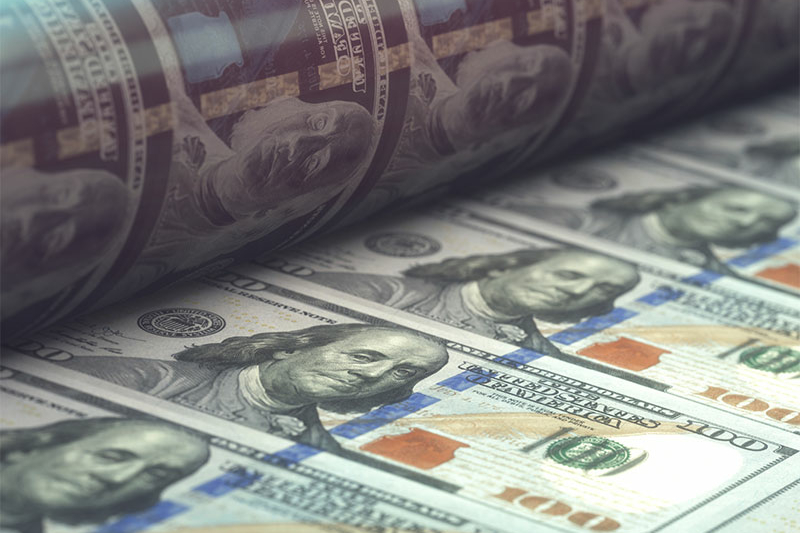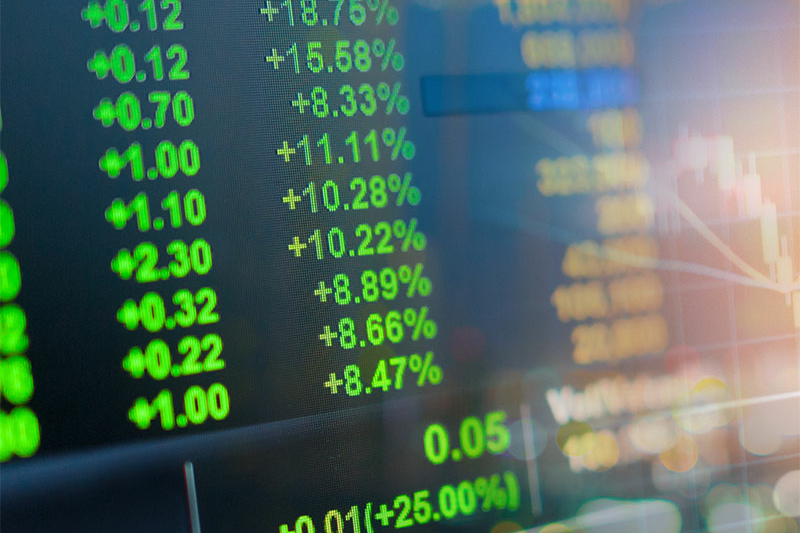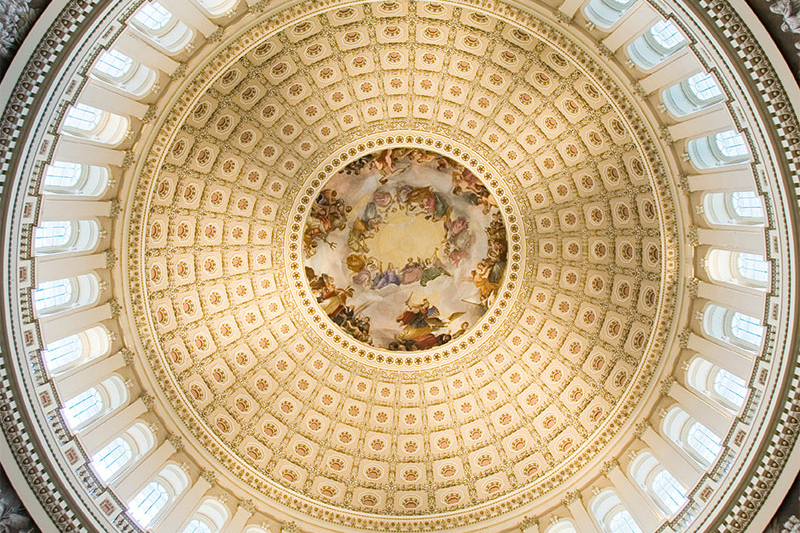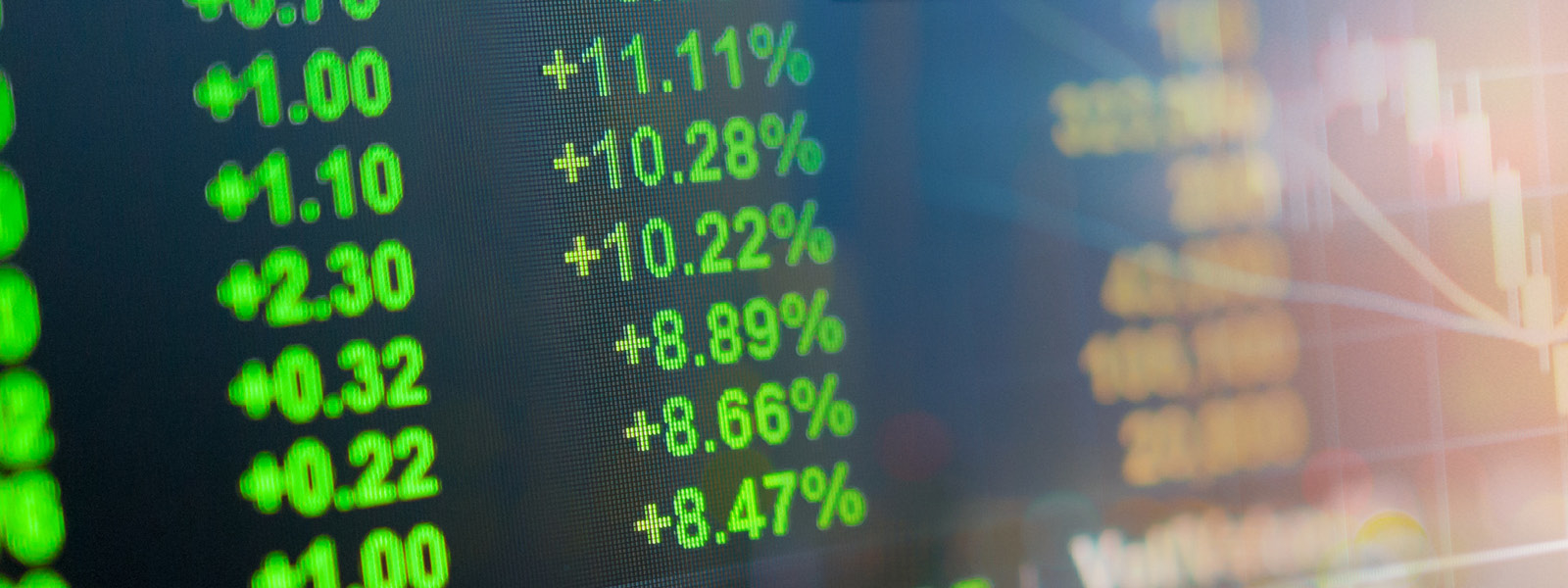US M&A hits record highs
The US enjoyed record levels of M&A activity in H1 2021, as dealmakers made up for lost time caused by pandemic-related disruptions

US M&A surged to record levels in the face of pandemic-related challenges and potentially dramatic regulatory shifts
We are just heading into August, but it is already safe to say that 2021 is a historic year for US M&A. Deal value rose to a new high of US$1.27 trillion in H1 2021. This was a 324 percent increase compared to H1 2020—and was virtually equivalent to the total value recorded in all of 2020.
This torrent of deals was the result of a perfect storm of activity on the part of strategic, PE and SPAC dealmakers. The pandemic drove many corporates to offload non-core divisions and acquire digital capabilities. Corporates that thrived during the pandemic used M&A to consolidate gains. PE firms strove to deploy their massive troves of dry powder. And SPACs searched for opportunities to invest the record levels of funds they raised.
The election of Joe Biden as President significantly reduced political uncertainty that may have dampened activity in 2020 and this spurred dealmaking in 2021. However, the administration's policies could also complicate dealmaking.
The Biden Administration is taking vigorous steps to reshape antitrust policies and practices in the US. In July, the President issued an Executive Order to promote competition and lower prices throughout the economy through increased antitrust enforcement. These efforts are likely to intensify during the run-up to the US midterm elections in November 2022. The effects were already visible in the recent decision by Aon and Willis Towers Watson to call off their merger, which they first announced in March 2020. The deal would have created the world's largest insurance broker, but the Department of Justice opposed the deal on the grounds that it would eliminate competition, reduce innovation and lead to higher prices.
CFIUS has shown that it will mostly continue with the more aggressive approach to evaluating deals for national security concerns that was established by the previous administration. And with the appointment of Gary Gensler as Chair of the Securities and Exchange Commission, the administration signaled it will take a more aggressive approach to securities law enforcement.
There are a number of other looming risks as well. The possibility of rising inflation and the end of government support measures related to the pandemic could shock the market. And dealmakers are concerned about potentially frothy valuations.
But perhaps the greatest variable remains the uncertain trajectory of the pandemic. Though the US was on a course of increasing optimism as vaccines were rolled out, recent concerns about the Delta variant of COVID-19 have raised questions—and exacerbated political divisions—about how quickly economies should open up.
Despite these challenges, the outlook for dealmaking remains very positive. US GDP forecasts are upbeat, stock markets are at historic highs, and interests remain low. Moreover, the Biden Administration's economic stimulus efforts and ambitious plans for energy transition and infrastructure development will inject large sums of capital into the economy. We expect US M&A to remain very active in the second half of 2021.
The US enjoyed record levels of M&A activity in H1 2021, as dealmakers made up for lost time caused by pandemic-related disruptions

US private equity has rallied following pandemic lockdowns, thanks to adaptations to remote deal processes and record dry powder

TMT M&A tops the sector charts again

After a year of volatility, the oil & gas industry has stabilized and M&A activity has resumed

Technology M&A activity is thriving in 2021 as dealmakers continue to turn to the sector in search of assets with high-quality earnings and growth prospects

The value of healthcare M&A in H1 surpassed pre-pandemic levels

Deals in the consumer and retail sector show signs of recovery as consumer spending
rallies post-pandemic

The power and renewables industry is positioned for a sustained period of strong deal
activity as the US focuses on hitting net zero carbon emissions by 2050

M&A value among real estate firms quadrupled year-on-year in H1, after a tough 2020

After a pause, investment in infrastructure has ballooned, even before the Biden administration's US$1 trillion-plus plan is passed

After campaigning for the presidency on a platform that included more aggressive antitrust enforcement, Joe Biden has taken early steps to honor those pledges

President Joe Biden's approach to the national security risks posed by foreignbacked M&A may differ in style from his predecessor, but not in substance

Even as economies pick up, dealmakers have maintained focus on managing the risk of broken deals

New Securities and Exchange Commission Chair Gary Gensler has put scrutiny of
SPACs and private funds at the top of his agenda

In the first half of 2021, Delaware courts issued several decisions affecting M&A dealmaking

After a turbulent 18 months which saw M&A crash before an impressive return to form, H2 2021 is set for continued strong deal activity, as well as new challenges


New Securities and Exchange Commission Chair Gary Gensler has put scrutiny of SPACs and private funds at the top of his agenda
Stay current on global M&A activity
Explore the data
President Biden's appointment of Gary Gensler as Chair of the US Securities and Exchange Commission (SEC) in the spring indicates that the watchdog will take a more aggressive approach to securities law enforcement.
Gensler, a former investment banker and MIT professor who previously chaired the Commodity Futures Trading Commission under the Obama administration, assumed office in April 2021.
Chair Gensler's stronger enforcement strategy will not come as much of a surprise, based on the differences between the Trump and Obama administrations, his background and his statements to date.
Studies have shown the number of public companies that faced charges under Trump was 40 percent lower than under Obama.
Chair Gensler's predecessor, Chairman Jay Clayton, repeatedly stated he focused enforcement efforts on securities fraud that affected retail investors. Chair Gensler, on the other hand, is expected to revert to prioritizing prosecutions of large Wall Street financial institutions and public companies.
During his first testimony before Congress as the SEC Chair, he highlighted key priorities, including: SPACs; private equity and venture capital funds; and crypto assets. Further, the SEC Enforcement Division created a new ESG task force focused on climate and other ESG disclosures.
With respect to SPACs, which have already raised more than US$100 billion this year, the SEC has identified several risks. The SEC is concerned that the interests of SPAC sponsors are not aligned with the retail investors hoping for a rise in share price after the SPAC secures a deal. The SEC is also concerned that SPACs may bring private companies into the public markets without the same level of vetting that occurs with an IPO, thereby risking the SPAC is acquiring a company with undisclosed baggage.
In addition to SPACs, Chair Gensler has noted that over the last five years there has been a 58 percent increase in the number of private equity funds and a 110 percent increase in the number of venture capital funds. Further, as the SEC is the primary regulator of registered investment advisors to these funds and there is no self-regulatory organization like there is for broker-dealers, Chair Gensler has pointed out that it is important to hold these entities accountable when violations are found. In particular, the SEC's Enforcement Division will focus on disclosures of investment risks and conflicts of interest, fees and expenses, liquidity, valuation of assets and protecting material non-public information.
White & Case means the international legal practice comprising White & Case LLP, a New York State registered limited liability partnership, White & Case LLP, a limited liability partnership incorporated under English law and all other affiliated partnerships, companies and entities.
This article is prepared for the general information of interested persons. It is not, and does not attempt to be, comprehensive in nature. Due to the general nature of its content, it should not be regarded as legal advice.
© 2021 White & Case LLP